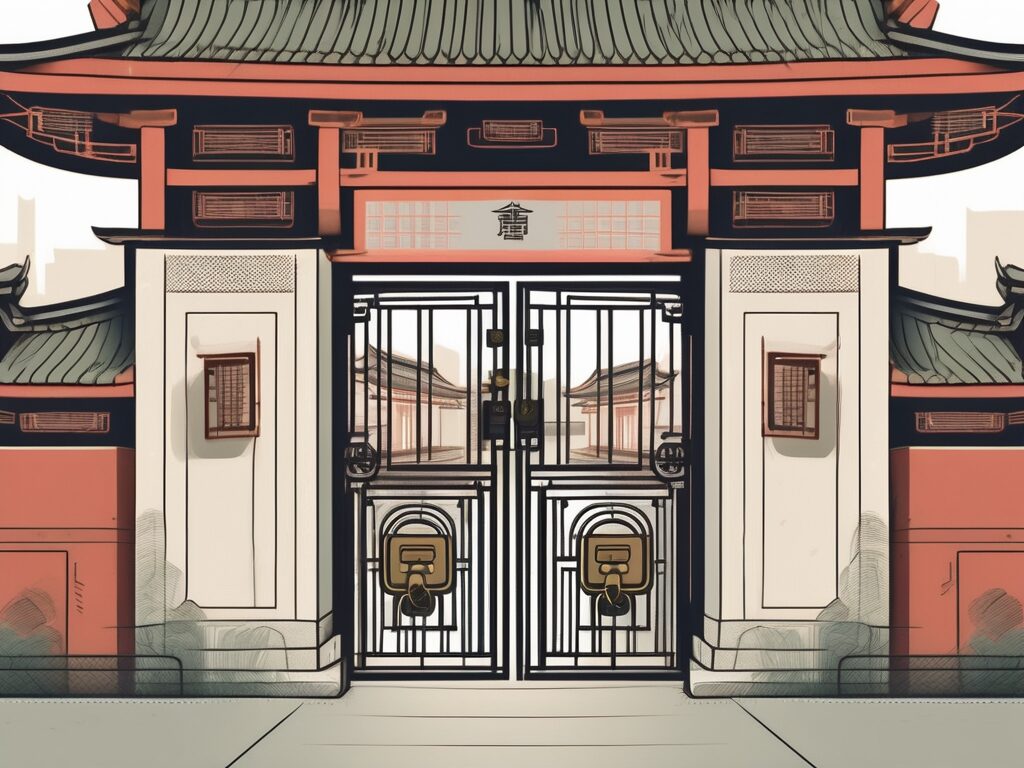Education is a fundamental right, and it’s the cornerstone of any society’s development. However, like many other countries, Taiwan also faces several challenges in providing quality education to all its citizens. These barriers range from socio-economic factors to issues related to the education system itself. In this blog post, we will delve into these barriers, exploring their origins, impacts, and potential solutions.
Socio-Economic Barriers
The socio-economic status of a family plays a significant role in determining a child’s access to education. Despite Taiwan’s economic prosperity, there are still pockets of poverty, and children from these families often struggle to get a proper education.
Firstly, the cost of education can be prohibitive for low-income families. While public education in Taiwan is free, there are additional costs such as uniforms, textbooks, and extra-curricular activities that can add up. This is akin to the situation in the UK, where the cost of school uniforms has been a contentious issue for years.
Impact of Urban-Rural Divide
Another socio-economic barrier is the urban-rural divide. Schools in urban areas often have better resources and more qualified teachers compared to those in rural areas. This disparity can lead to a difference in the quality of education received by students, similar to the urban-rural divide seen in countries like India and Brazil.
Furthermore, children in rural areas may have to travel long distances to reach their schools, making it difficult for them to attend regularly. This issue is not unique to Taiwan; it’s a common problem in many rural areas worldwide, including parts of Australia and the United States.
Language Barriers
Language barriers can also pose a significant challenge to education in Taiwan. The country is home to several ethnic groups, each with its own language. While Mandarin is the official language and medium of instruction in schools, children from non-Mandarin speaking families may struggle to keep up.
This situation is somewhat similar to the language barriers faced by immigrant children in countries like the UK and the US, where English is the medium of instruction. These children often require additional support to succeed acadically, just as non-Mandarin speaking children do in Taiwan.
Preservation of Indigenous Languages
On the flip side, there is also a concern about the preservation of indigenous languages. With Mandarin being the dominant language in schools, there is a risk of these languages fading away. This is a global issue, with countries like New Zealand and Canada also grappling with the challenge of preserving their indigenous languages while ensuring their citizens are proficient in the dominant language.
Efforts are being made in Taiwan to include indigenous languages in the school curriculum. However, the implementation of these initiatives faces challenges such as a lack of qualified teachers and resources.
Systemic Barriers
Systemic barriers within the education system itself can also hinder access to quality education. One such barrier is the high-stakes testing culture in Taiwan. The pressure to perform well in these exams can lead to stress and anxiety among students.
This culture of high-stakes testing is not unique to Taiwan. It’s a common issue in many East Asian countries, including South Korea and Japan, and has been a topic of debate in Western countries like the US and the UK as well.
Impact of High-Stakes Testing
High-stakes testing can lead to a narrow focus on exam-related content, leaving little room for holistic education. This can result in students lacking critical thinking and problem-solving skills, which are essential in today’s world.
Furthermore, the intense competition can create an unhealthy learning environment. It can lead to excessive stress and mental health issues among students, a problem that is increasingly being recognised globally.
Conclusion
Overcoming these barriers to education in Taiwan requires concerted efforts from the government, educators, and society at large. It involves addressing socio-economic disparities, ensuring language inclusivity, and rethinking the high-stakes testing culture.
While the challenges are significant, the potential rewards are immense. A more inclusive and equitable education system can pave the way for a brighter future for Taiwan, just as it has done for many other nations around the world.
Empower Your Teaching Career with IPGCE
As we recognize the hurdles in Taiwan’s education landscape, it’s essential for educators to enhance their qualifications and overcome the barriers to career advancement. IPGCE offers a beacon of hope, providing a comprehensive International Postgraduate Certificate in Education that significantly boosts your credentials. Embrace the opportunity to join a global network of professionals, gain a profound understanding of international curricula, and enjoy the flexibility of online study to balance your professional development with your teaching commitments. Don’t let inadequate qualifications hold you back. Take the first step towards a more inclusive, equitable, and successful educational career. Join the UK’s #1 Teacher Training Course today and transform the future of education in Taiwan and beyond.

